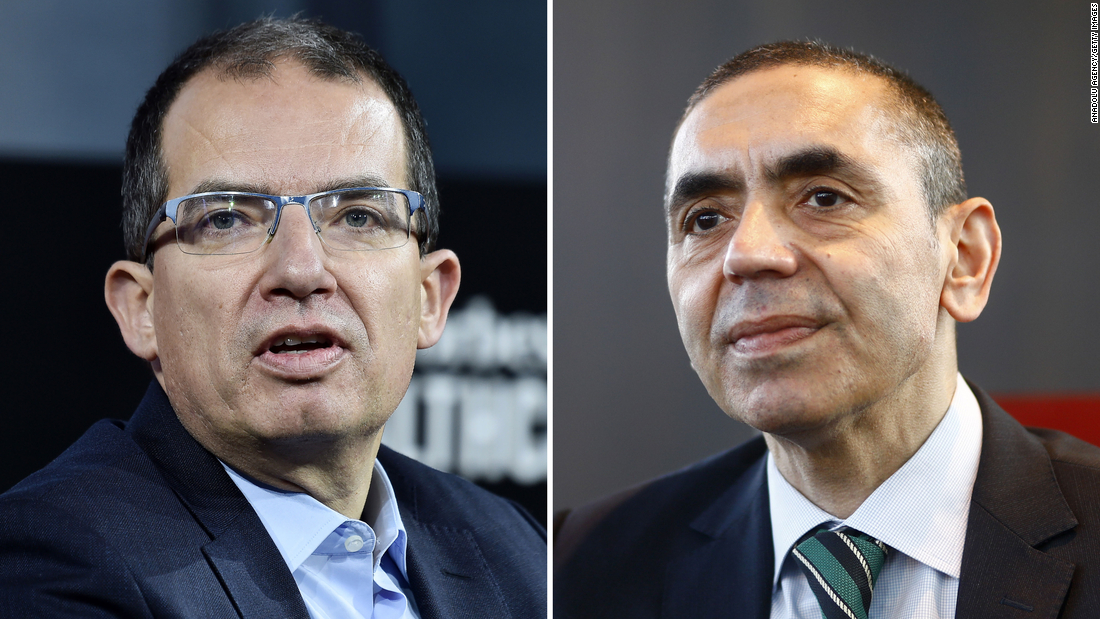I will address this separately because it's such a huge issue. As you suggested, obesity is at the heart of everything.
There are two options. 1) 99% (almost every single obese person) is a lazy, fat, worthless, POS slob who is unwilling to do what's asked, which seems unlikely, or 2) the advice is terrible, hence why it fails nearly every single patient. If success was, say, 30%, then a variation of option 1) would make sense. It's hard to lose weight, takes discipline, and those who do the work are a minority, but they DO succeed, so the advice is likely fine, at least for most. But I just don't believe good advice fails 99% or more of every single obese person.
I'd suggest the doctors look at that, and figure out why their efforts fail nearly all their patients. My guess is the advice is "eat less, move more" i.e. CICO, something about fat, sugar, or a variation, then a handout, or referral to a nutritionist who says the same thing in more words. Well, if that doesn't work for 99%, then it's useless, terrible advice. Easier to blame the patients as irresponsible moral failures than admit the advice is crap.
But the real problem is your doc friends are not paid to be nutritionists, or to walk a patient through weight loss. Everything in our system, from those doctors to the hospitals where they work, and all the jobs along the way, are incentivized to not give a damn about the obesity, just do the procedure, do the total knee, prescribe the very profitable drugs, and move on. Maybe that's why the advice that fails 99% or more is the "standard" advice, because the obese predictably failing the advice 99% of the time makes all those docs the most amount of money, and the most money for their hospitals, and the drug companies, and the food companies who still sell the refined, sugary, seed oil crap, and the sodas, and the fruit juices, and all the rest of the garbage food that got them, and about 40% of our population, obese.
To be clear, I'm not blaming them. They don't know crap about nutrition, they didn't learn it in med school, or if they did it's almost surely wrong in 2022, because they're not paid to know, and nothing in their job or pay provides them ANY incentive to know or to care. All the incentives are to not care, and they ARE giving the 'standard' advice, which is all they know. That it fails? Well, that's not their job description to figure out. If there was better advice, they'd give it out if they knew.

